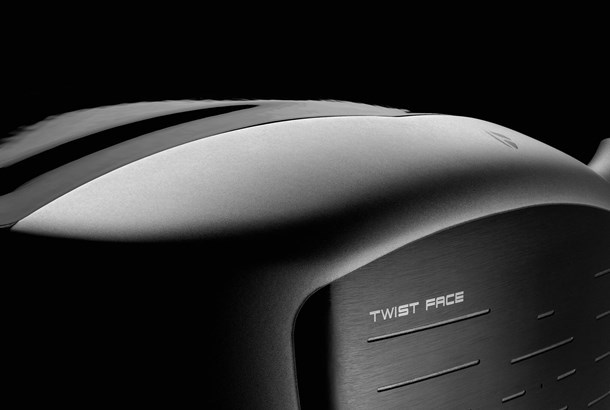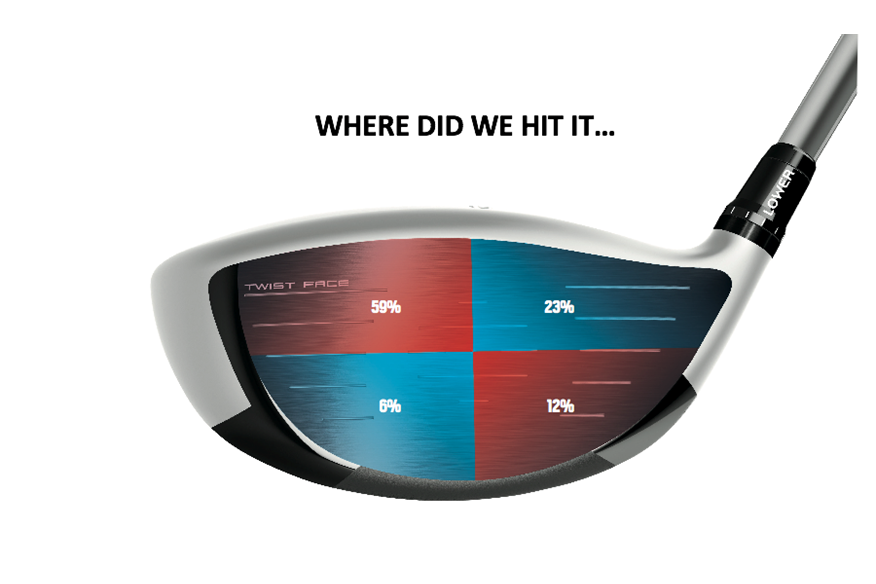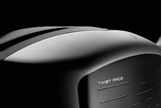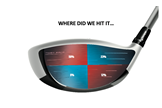Does Twist Face actually work?
Last updated:
So does Twist Face actually work? Three testers put the new TaylorMade driver tech through its paces
Now that we know what Twist Face is, we decided to see if it actually lives up to its claim. It’s the million dollar question, because TaylorMade reckon it can make the fairway up to 11 yards wider, so we set ourselves the goal of finding out by using data. There’s only one launch monitor on the market that can accurately measure and record impact locations for where shots hit the clubface, so Foresight Sports’ GC Quad was our natural choice.
Once all three testers had hit each driver, gear editor Simon Daddow separated every shot into the quadrant (on the face) where impact occured (shots on centre lines were removed). It was a case of good old pen and paper, plenty of coffee and dusting off the calculator, as the plotting and averaging took some serious time. But with every impact safely positioned within a face quadrant we worked out an average (of all drivers except the TaylorMade’s*) and a TaylorMade average, to see how Twist Face performed. The results are below.
Just to recap, TaylorMade say Twist Face increases backspin for high toe shots, keeping them in the air for longer. Low heel impacts (which are higher spinning) should have less spin, improving accuracy and carry.
NB: Test averages are all drivers hit in our 2018 drivers test detailed below* apart from the TaylorMade M3, M4 and M4 D-Type models. TaylorMade averages include all shots hit with TaylorMade drivers.
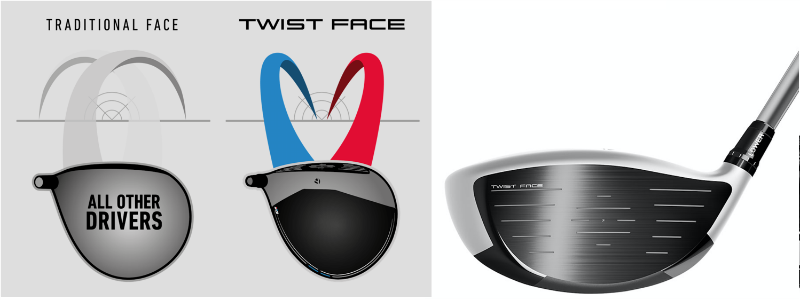
High Toe Shots
(averaged across all three testers)
| Ball Speed | Launch Angle | Backspin | Sidespin | Carry | |
| Test Average |
140mph |
16° |
2,358rpm | 356rpm | 232 yards |
| TaylorMade Average |
142mph | 17° | 2,446rpm | 313rpm | 238 yards |
Low Heel Shots
(averaged across two amateur testers as our test pro didn’t hit any low heel impacts with a TaylorMade)
| Ball Speed | Launch Angle | Backspin | Sidespin | Carry | |
| Test Average |
137mph |
14.4° |
3,320rpm | 593rpm | 208 yards |
| TaylorMade Average |
139mph | 13.6° | 3,211rpm | 458rpm | 213 yards |
Our Conclusion
Data can’t lie, and across the board our data supports TaylorMade. High toe shots were a little faster, launched a fraction higher, span a little more and carried six yards further. Similarly, low heel shots launched with more ball speed, less backspin and were five yards longer than average.
It’s impossible to prove accuracy – just because we hit shots into a tiny dispersion circle doesn’t mean you will. But check out the sidespin numbers from both high toe and low-heel strikes. They’re fractionally lower with the TaylorMades, which would mean better accuracy.
Does it mean you’ll hit every fairway? Of course not, the gains are small. But if it helps us nd one more fairway a round, we’d want that advantage stacked in our favour.
* Drivers included in the test (excluding TaylorMade drivers) were: Callaway Rogue, Callaway Rogue Sub Zero, Callaway Rogue Draw, Ping G400 SFT, Ping G400, Ping G400 LST, Ping G400 Max, Cobra F-Max, Cobra King F8, Mizuno ST180, Titleist 917 D2, Cleveland Laucher HB, Wilson Staff C300
